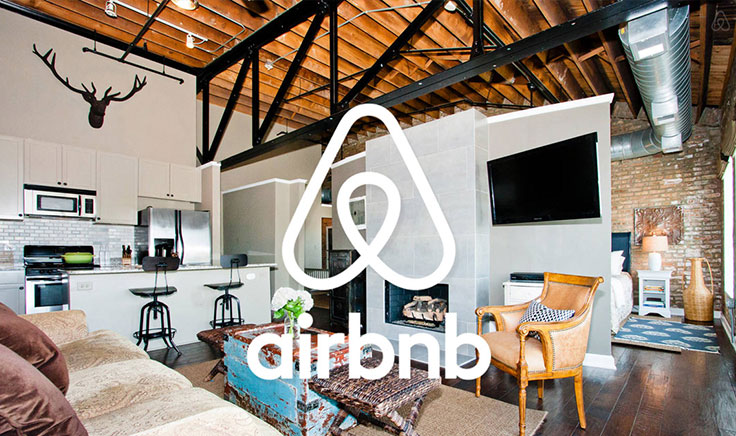Like all other major players in the lodging industry, Airbnb was hemorrhaging cash at a rapid rate at the start of the COVID-19 pandemic. However, it was proactive in how it quickly changed its strategic direction internally and externally, resulting in a net profit of $219m for Q3 2020, says GlobalData, a leading data and analytics company.
Ralph Hollister, Travel & Tourism Analyst at GlobalData, comments: “Internally, the company re-focused on its core markets, concentrating on profitability instead of quick growth. Externally, the company focused on boosting domestic travel, while meeting changes in traveler demands such as an increased need for high levels of hygiene and cleanliness.”
According to GlobalData’s Week 9 COVID-19 recovery survey (fieldwork undertaken 7-11 October), 41% of global respondents stated that they would consider booking a domestic trip this year, compared to just 30% stating that they would consider booking an international trip. In the same survey, 78% of respondents are either ‘quite’ or ‘extremely’ concerned about the outbreak of COVID-19. This focus on domestic trips and increasing hygiene levels from Airbnb illustrates that it directly addressed new traveler demands and concerns.
Hollister continues: “As well as possessing a nimble, asset light business model, the type of lodging that Airbnb provides naturally played into the company’s hands as traveler demands changed due to the pandemic. Airbnb offers an abundance of close-proximity private accommodation types, which can also be booked in secluded areas, away from busy cities. This meets the new traveler needs of privacy and seclusion, which is what many traditional hotels cannot offer straight away, regardless of the safety initiatives that have been put in place.
“However, Airbnb has still not turned an annual profit since its launch in 2008. This trend is unlikely to change in 2020 as a second wave of COVID-19 infections across a number of key markets is likely to result in mass cancellations and a steep decline in bookings. On top of this, the US Internal Revenue Service informed Airbnb in September it owed $1.35bn, plus penalties and interest, over the sale of international intellectual property to a subsidiary in 2013. If Airbnb fails to successfully contest this hefty tax adjustment bill, questions will arise as to when profitability will actually occur for the company.”











